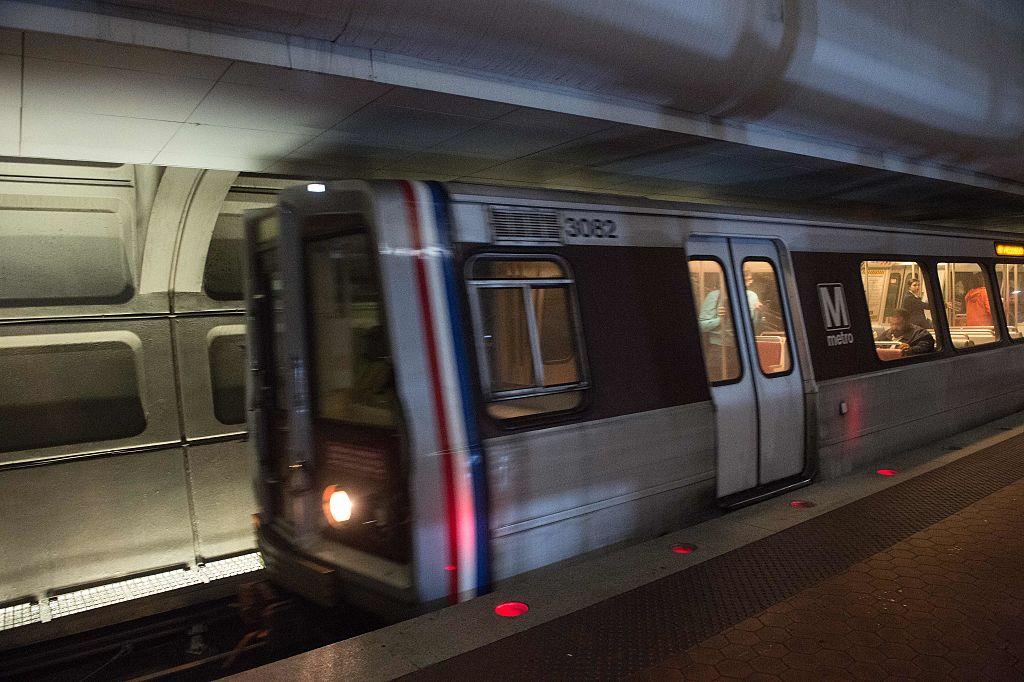A new House bill and a recent congressional hearing have highlighted the potential threats that would come with using Chinese-made rail cars and transit buses in U.S. cities and regions.
Chinese companies could intercept U.S. rail control systems and compromise the safety of regular Americans, one former U.S. official warned.




